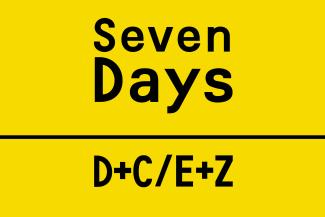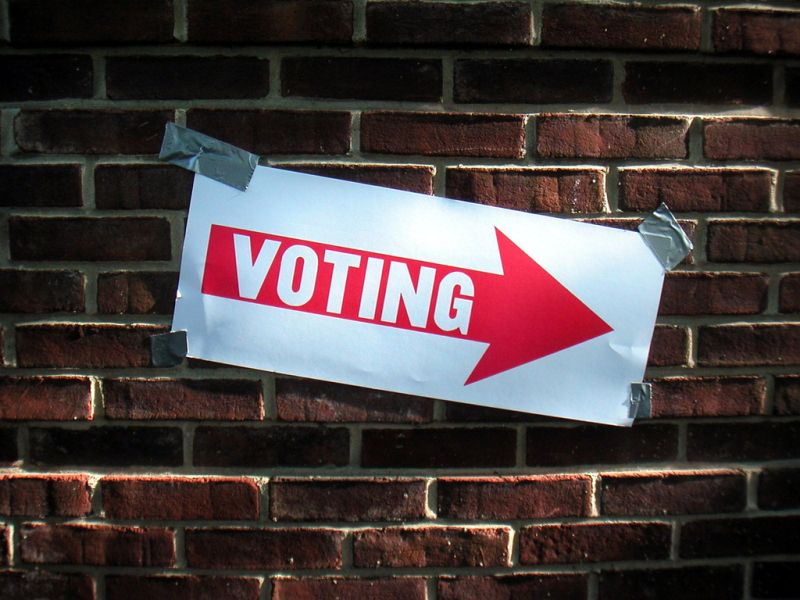In brief
News of the week

No peace for South Sudan
At the latest peace talks in Addis Ababa, Ethiopia, the warring parties of South Sudan failed to agree on a peace deal. While rebel leader Riek Machar signed the paper, President Salva Kiir said he needed two more weeks to think about it. The compromise agreement had been put forth by the Intergovernmental Authority on Development (IGAD) last month and was supposed to be signed by 17 August.
Government leaders of neighbouring East African countries urged the South Sudanese government as well as the rebels to agree on a peace deal to end the fighting between government troops and rebel factions. In light of the latest failure, the US proposes an arms embargo on South Sudan by the UN Security Council. In the South Sudan capital Juba, there were demonstrations organised by the government against the IGAD peace deal.
Tension was running high after a journalist was killed by unknown assailants on Wednesday. The Foreign Correspondents Association of East Africa (FCAEA) called on a full investigation of this death, which comes only a few days after the president had threatened to “kill journalists who report against the country”.
Since conflicts broke out in December 2013, tens of thousands of people have lost their lives. More than 2 million are internally displaced, with half a million people in exile. Several ceasefire deals were broken, and some regions of the country are in a state of civil war.
Sources: Radio Tamazuj, Al Jazeera, Gurtong.net
20 killed in Bangkok bomb attack
Thailand’s capital Bangkok was hit by a severe bomb attack on Monday. The blast at a popular shrine in the city centre killed 20 people, 12 of them foreigners. At least 120 others were injured. Prime Minister Prayuth Chan-o-cha called it the “worst ever attack” on Thailand. On Tuesday, a second bomb exploded without injuring anyone. Apparently, the device missed its target, a busy pier at the Chao Phraya river, and exploded in the water. According to police, its making was similar to the first bomb.
Thai authorities were hunting for a suspect of the deadly attack who was caught on surveillance cameras. The blast was not thought to be the work of international terrorist organisations. However, members of government, police and military gave conflicting accounts and theories on who might be responsible. Several countries issued travel advisories, and the tourism industry is expected to suffer. Share prices in Thailand fell sharply, and the national currency baht weakened in reaction to the attack.
Sources: BBC, Telegraph, Bangkok Post
Egypt adopts strict anti-terror laws
Egypt’s President Abdul Fattah al-Sisi has signed new counter-terrorism laws which curb the media, establish special courts and offer protection from legal consequences for military and police when using force. The new laws include fast-track special courts for suspected terrorists. Anyone found guilty of joining a militant group could face 10 years in prison, with death penalty for leaders of terrorist groups. Financing terrorist groups will carry a penalty of life in prison. Inciting violence or creating websites deemed to spread “terrorist messages” will carry sentences of five to seven years. Journalists will be punished for contradicting the authorities’ version of any terrorist attack.
Critics say that since the definition of “terrorism” lies with the state, this equals the end of freedom of expression in Egypt. The original draft of the law called for a two-year prison sentence for challenging the authorities’ version of events, but it was amended following domestic and international outcry. Now journalists can be fined between 200,000 and 500,000 Egyptian pounds ($ 25,550 to $ 64,000) for contradicting official accounts of militant attacks.
The drastic measures are supposed to help fighting a growing jihadist insurgency, especially in the South and Sinai region of the country. Amnesty International criticised the new laws, maintaining that they would effectively ban the rights to freedom of expression and peaceful assembly.
Sources: Al Jazeera, taz, BBC
High levels of dangerous chemicals remain at Chinese explosion site
After the deadly explosions in a warehouse in China’s northern port city Tianjin last week, high levels of dangerous chemicals remain at the site. Water tests showed that the level of sodium cyanide – an extremely toxic chemical fatal to humans – was up to 356 times higher than is considered safe, an official of the Ministry of Environmental Protection said on Thursday. Clean-up was making slow progress.
In the 12 August blasts, at least 114 people died with dozens still missing, and another 700 were injured. Disregard of safety standards added to the tragedy. The warehouse was located much closer to a residential area than permitted. And while it is legally not allowed to store more than 10 tons of sodium cyanide in one place, authorities confirmed that 700 tons of the hazardous material had been at the explosion site.
Corruption is likely to play a role too. China’s official news agency Xinhua reported that one of the major shareholders of the company that owned the warehouse was the son of a former police chief for Tianjin Port. According to the report, his connections helped get the necessary papers without meeting official requirements. Several senior executives of the company were arrested. Furthermore, the authorities declared to be investigating against Yang Dongliang, director of China’s State Administration of Work Safety, for “severe violations of discipline and law”.
Residents criticised their government for providing insufficient information on the risks of chemical contaminants. The United Nations’ Special Rapporteur Baskut Tuncak spoke of a “tragic” lack of transparency. He expressed concern about “deeply disturbing” restrictions on freedom of press and on access to safety information.
Sources: CNN, BBC, The Economist
Sri Lanka’s ex-president Rajapaksa falls short of a comeback
Mahinda Rajapaksa’s bid to return to power as prime minister has been thwarted. In Sri Lanka’s parliamentary elections on Monday, the former president’s Sri Lanka Freedom Party (SLFP) won only 95 of 225 seats. The vote solidifies the power of the ruling United National Party (UNP), who won 106 seats, and paves the way for a second term in office for Prime Minister Ranil Wickremesinghe.
Rajapaksa had been Sri Lanka’s president for ten years. Although he had scrapped the two-term limit, he lost presidency to his former health minister, Maithripala Sirisena of the UNP, in the presidential elections in January 2015. Ahead of the polls, criticism had grown stronger about his policies becoming increasingly authoritarian and marred by nepotism and corruption. He has been accused of war crimes and human rights abuses.
President Sirisena has since operated in minority rule. He called for parliamentary elections hoping that the result would strengthen his political mandate. Although his party didn’t reach an outright majority, the support should be strong enough to form a stable government. Experts are now looking forward to reforms, but also warn that a difficult transition period might be to come.
Source: Guardian, NY Times, taz
These items were compiled by Sheila Mysorekar, Eva-Maria Verfürth and Katja Dombrowski on the basis of international media coverage.











